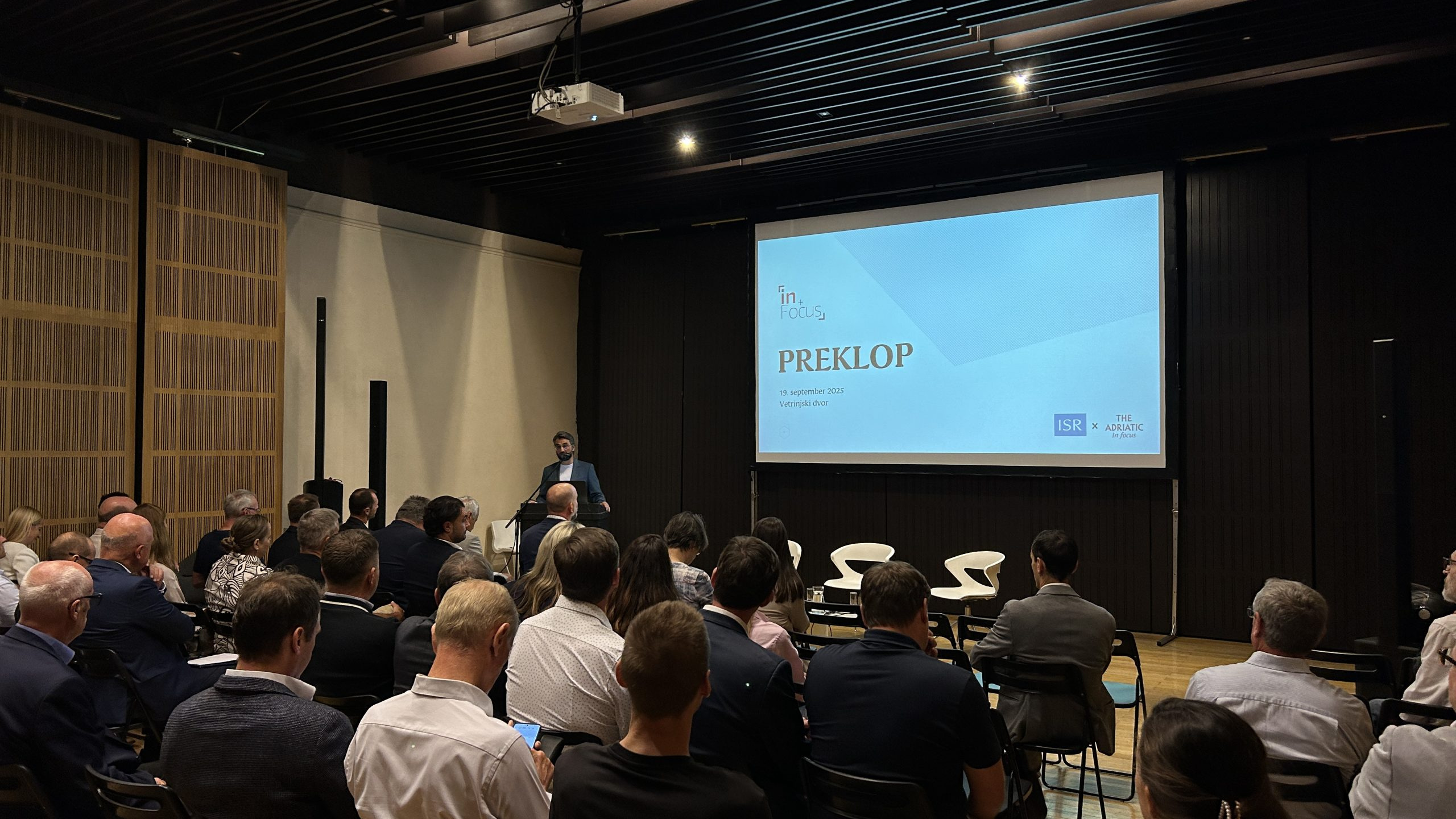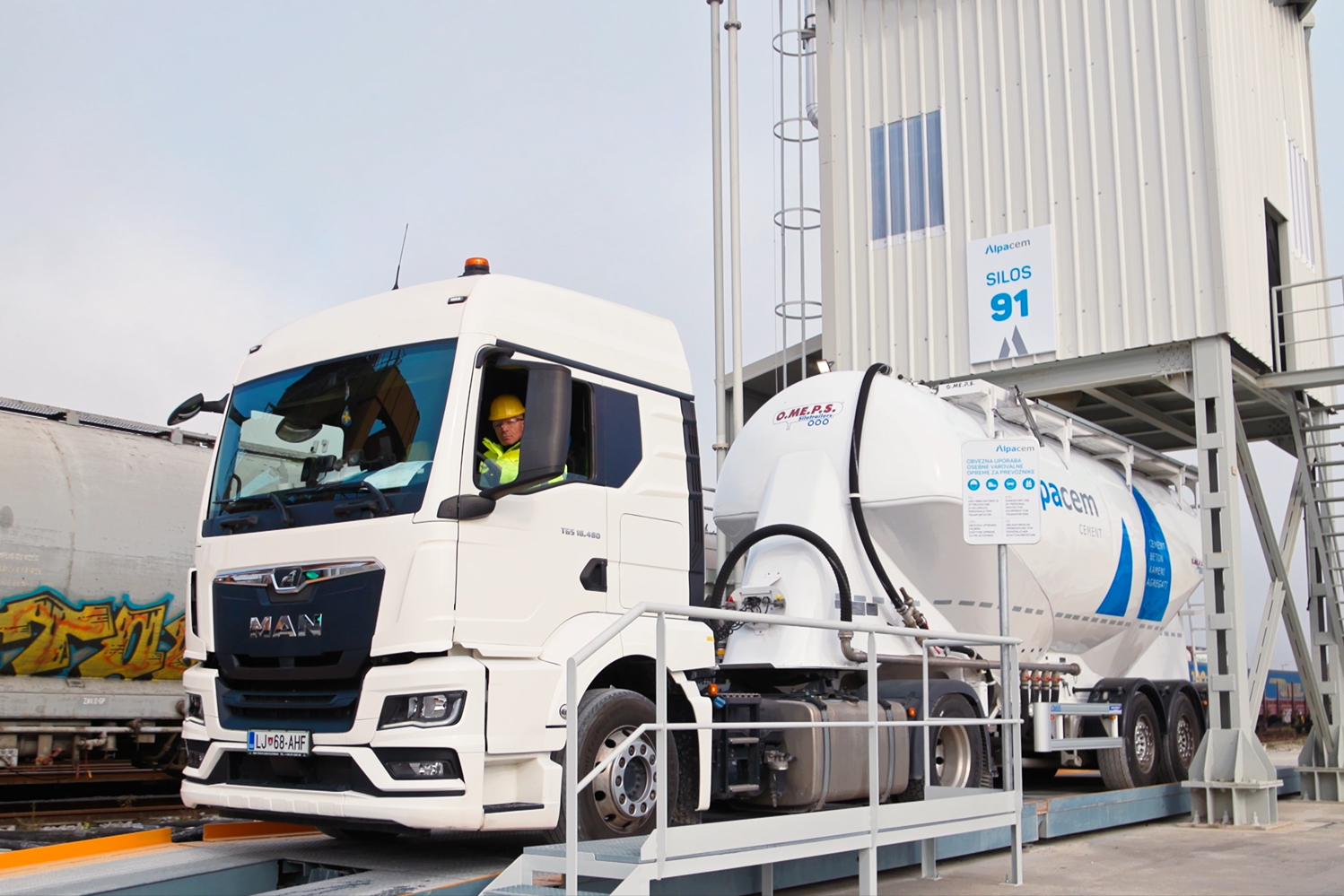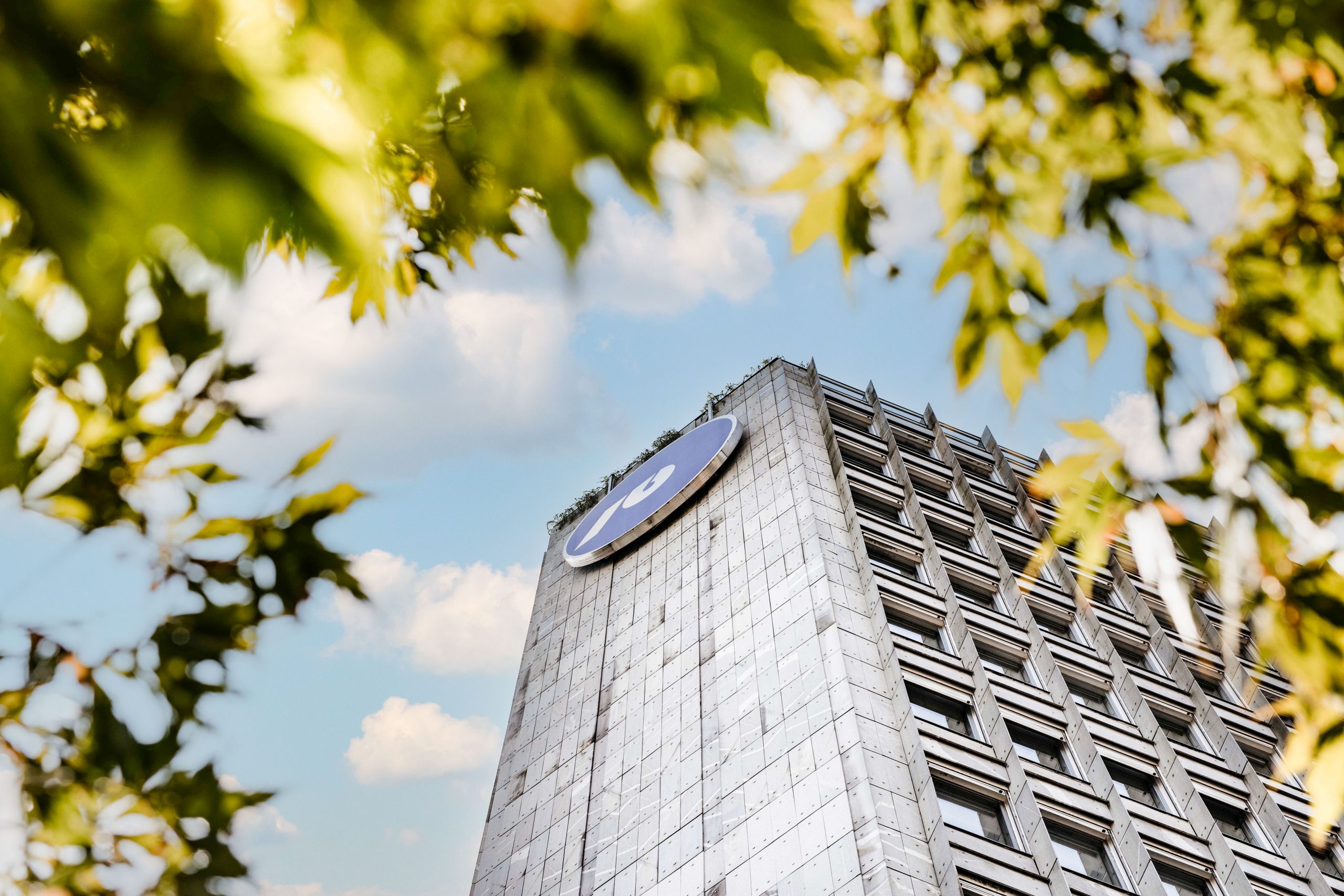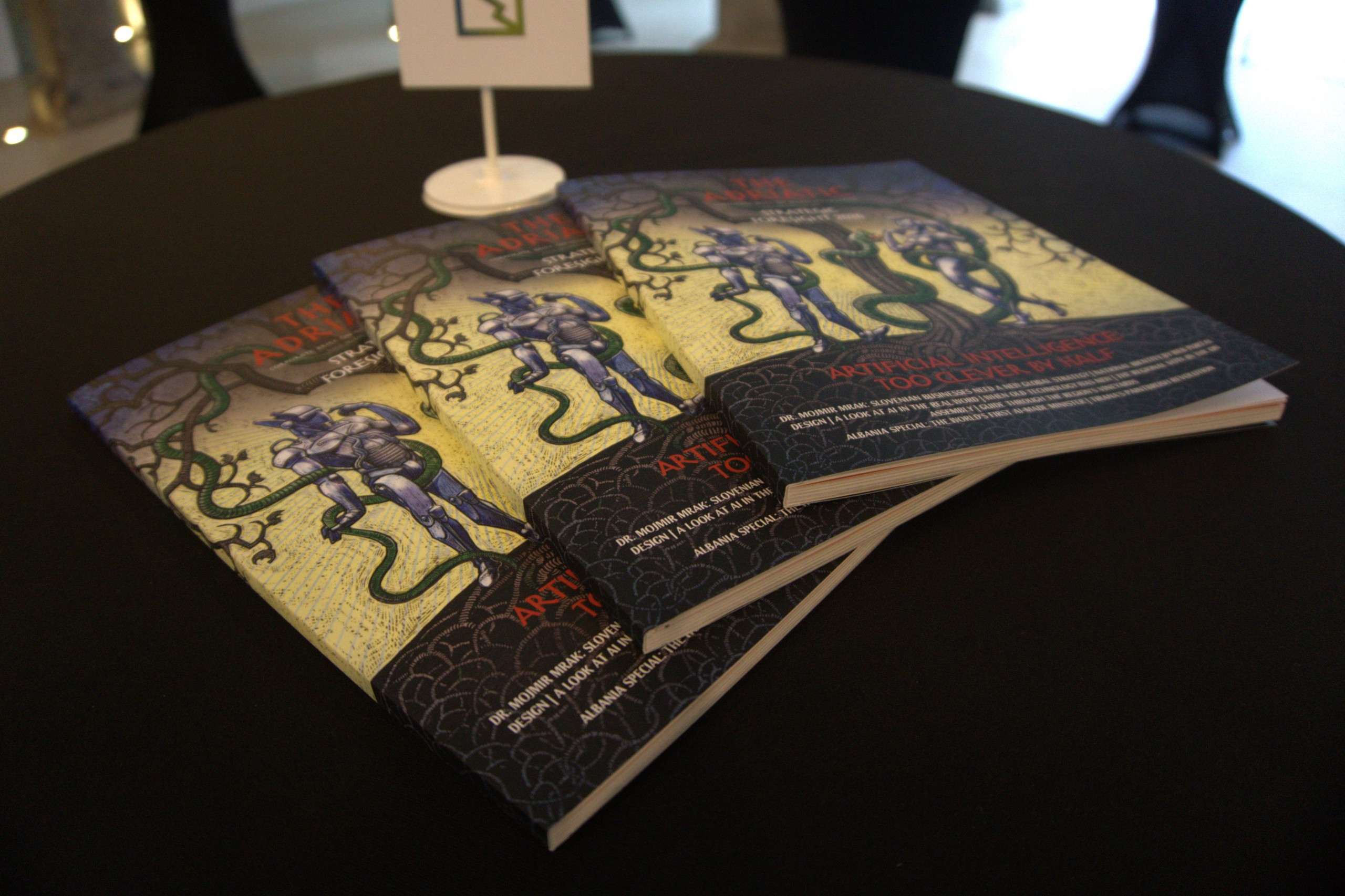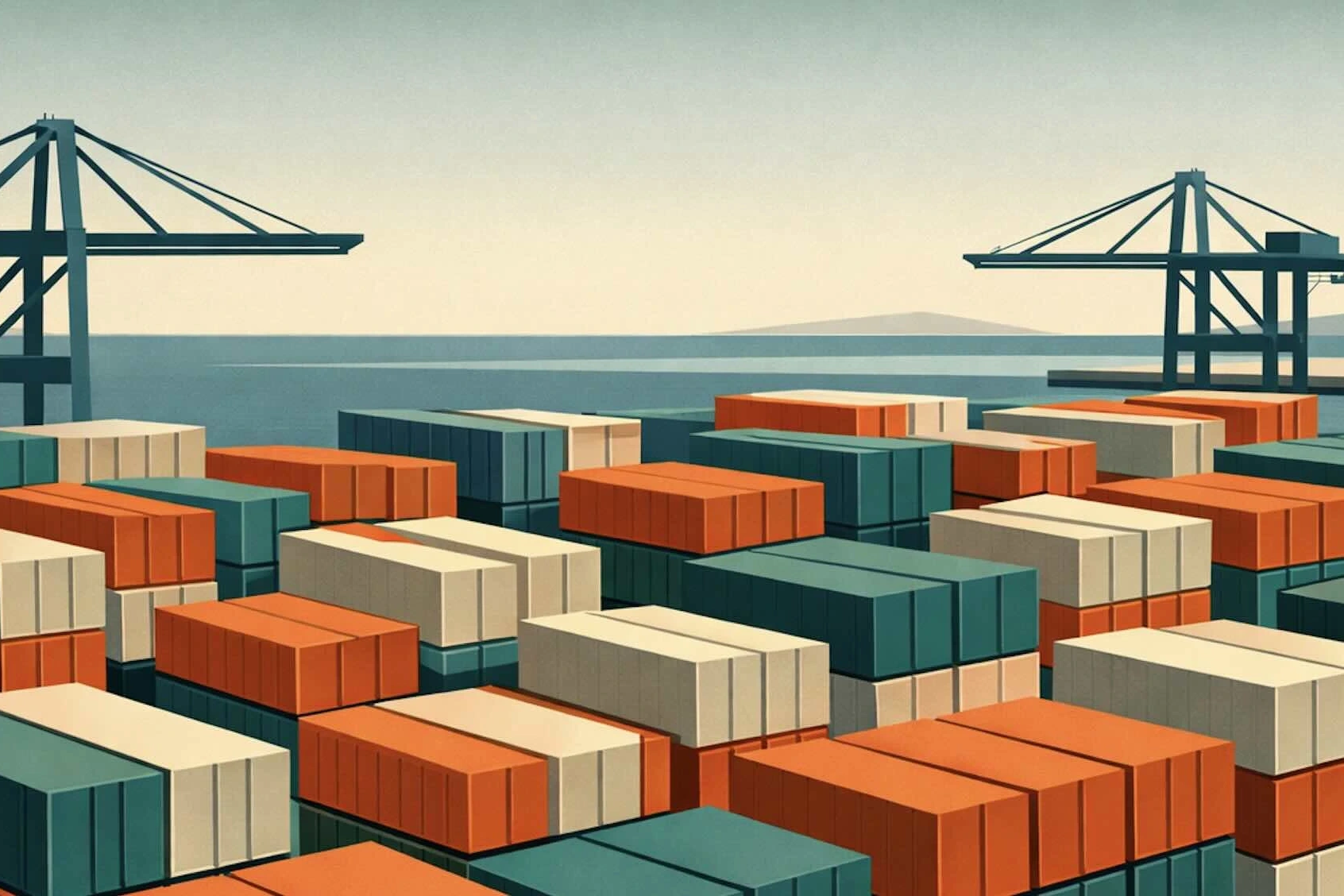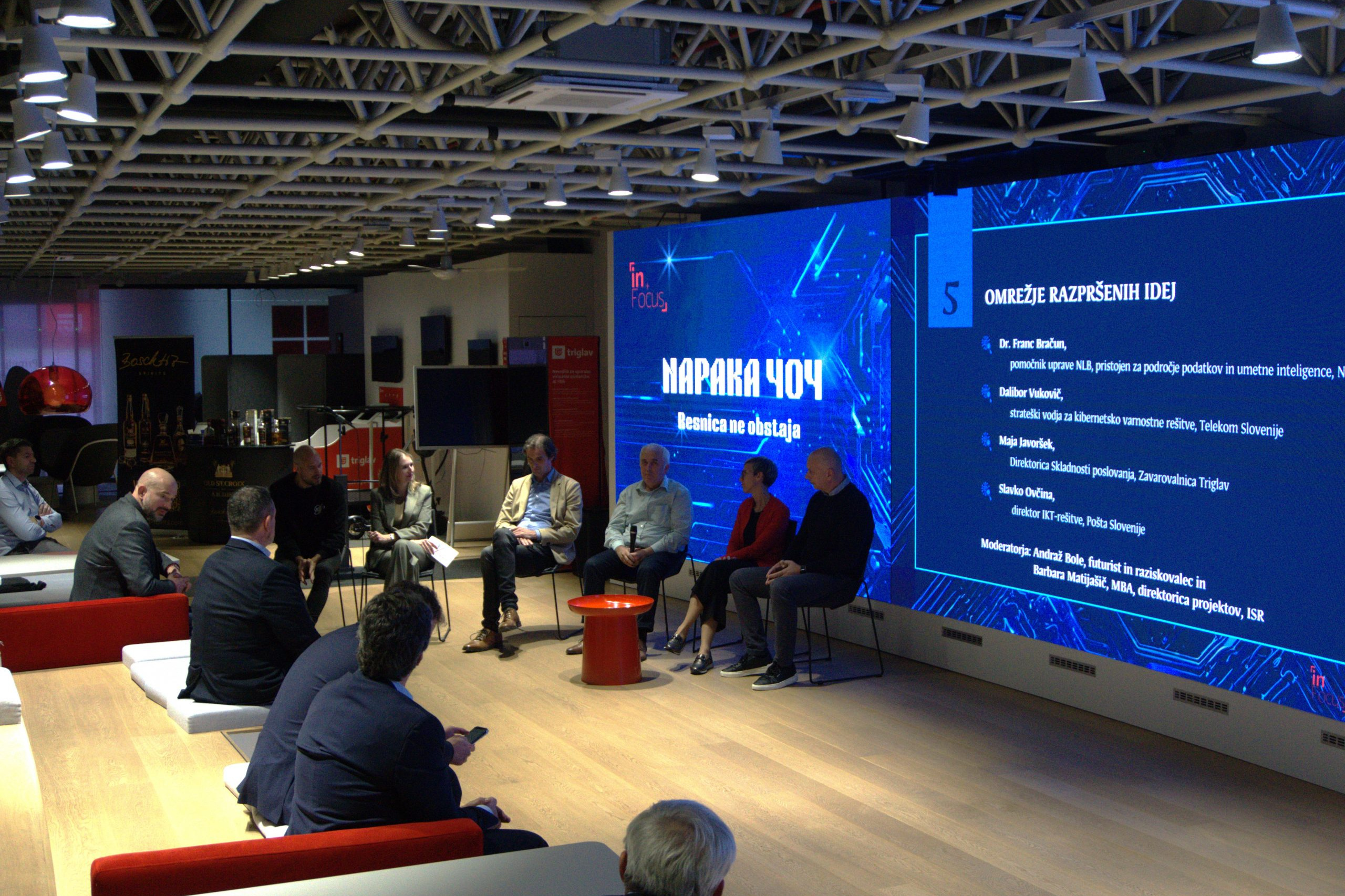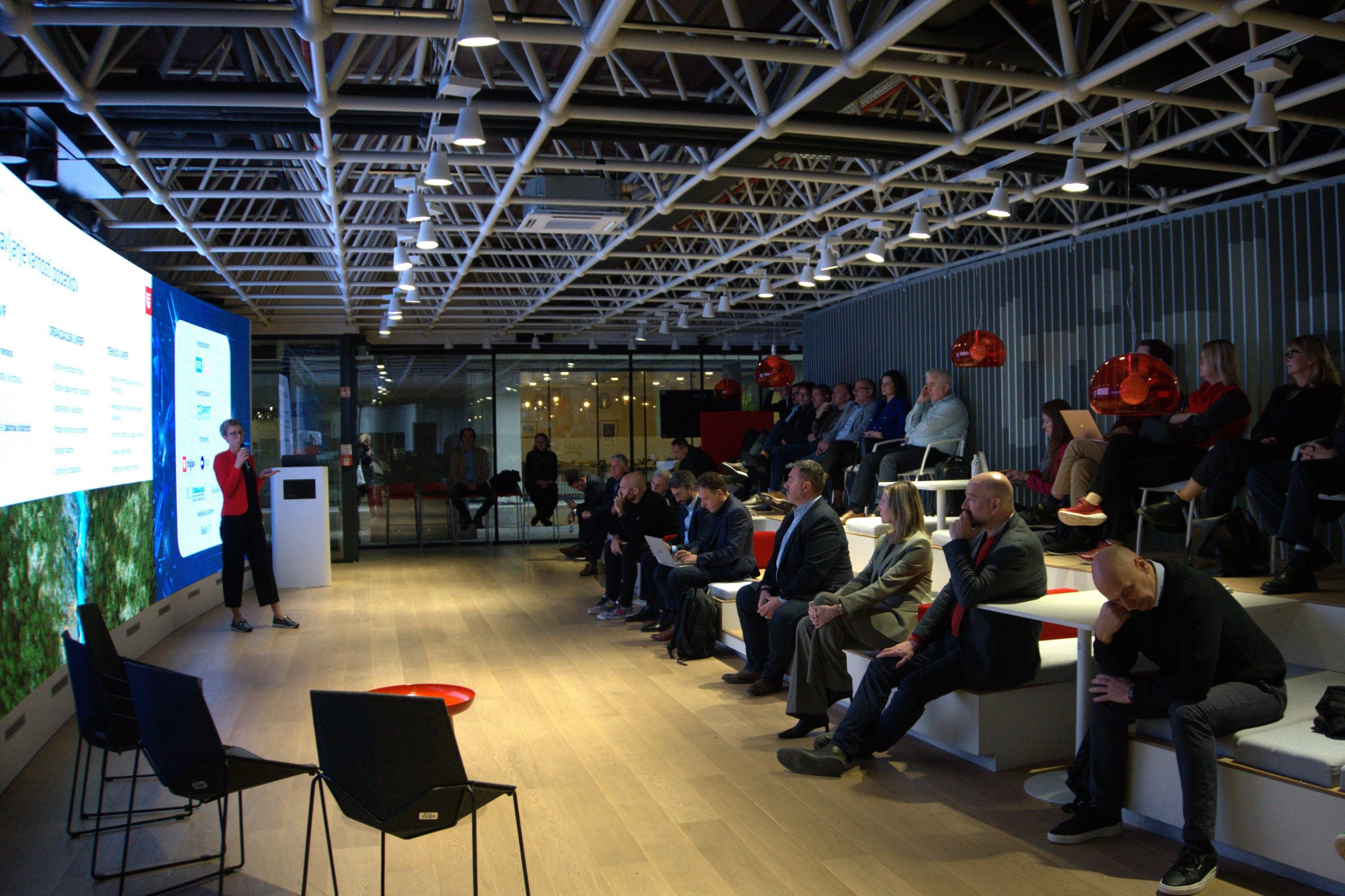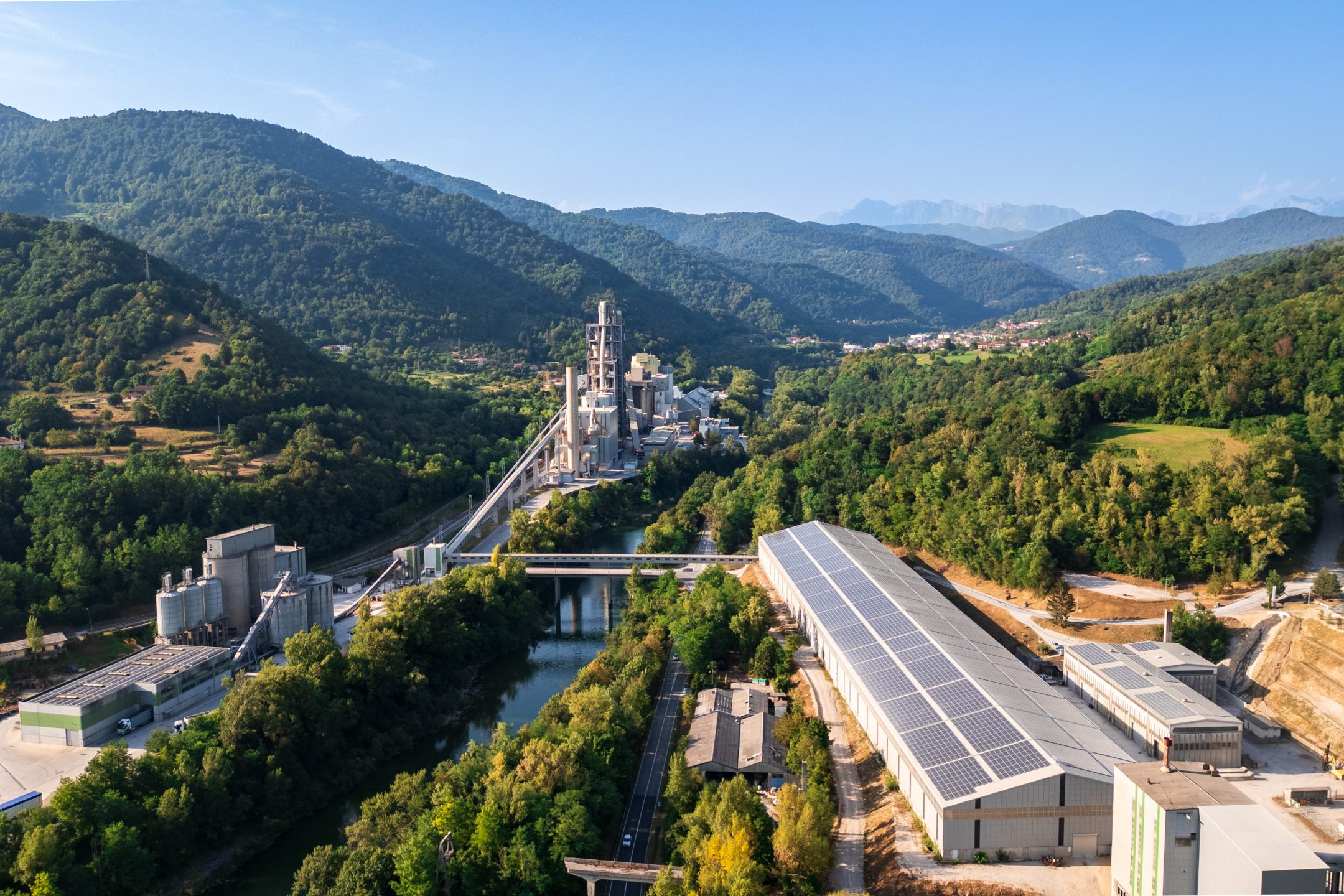Energy security and green investments take centre stage in Slovenia’s economic debate
Slovenia is facing a moment of reckoning over how it will power its economy in the decades ahead. At a conference convened on Thursday by the Institute for Strategic Solutions (ISR), business leaders and policymakers gathered to debate how the country can seize the opportunities of the energy transition while ensuring long-term competitiveness.
The Adriatic Team
At the heart of the discussion were two voices: ISR director Tine Kračun and Matevž Frangež, state secretary at the Ministry of Economy, Tourism and Sport. Both stressed that Slovenia’s economic future will depend less on cheap labor or tax incentives, and more on targeted investment, renewable energy and an innovation ecosystem capable of turning local ideas into global businesses.
“The pandemic showed us that open markets alone are not enough,” Mr. Kračun said. “Resilience and security have become equally important. Only by ensuring stability and self-sufficiency can Slovenia remain attractive to investors.”
Maribor’s bid to become an energy hub
With ambitions to expand biomass and solar power while building a new data center, Maribor’s mayor, Saša Arsenovič, argued that the city could one day cover its own needs and recycle waste heat to improve efficiency.
“Maribor has the potential to be self-sufficient,” he said. “Our projects show that energy security and innovation can go hand in hand.”
A continental challenge
The Slovenian conversation unfolded against a backdrop of upheaval in Europe’s energy landscape. The war in Ukraine, supply shocks and a global race for critical raw materials have forced the European Union to accelerate its green transition.
Vid Habjan, who oversees investment promotion at SPIRIT Slovenia, framed the stakes bluntly. “Slovenia currently ranks 11th out of 120 countries in energy security. The green transition is no longer a choice — our future depends on diversifying energy sources and launching new initiatives.”
Slovenia as a laboratory of ideas
Yet turning ambition into practice remains a challenge. In a dialogue with Mr. Kračun, Mr. Frangež pressed the need for flexibility and boldness in policymaking.
“Too often we are too rigid,” he said. “But as a small country, we cannot afford it. Slovenians should see our country as a laboratory of ideas. If you can make it here, you can make it anywhere.”
Slovenia is currently experiencing record levels of foreign direct investment, but officials warned that investors remain highly sensitive to policy signals. A tax system that burdens wages more heavily than the European average continues to raise concerns.
“Small, poorly thought-out changes quickly influence prices and erode trust,” Mr. Frangež noted. Without stable and investor-friendly conditions, he suggested, even Slovenia’s best ideas may struggle to reach global markets.

